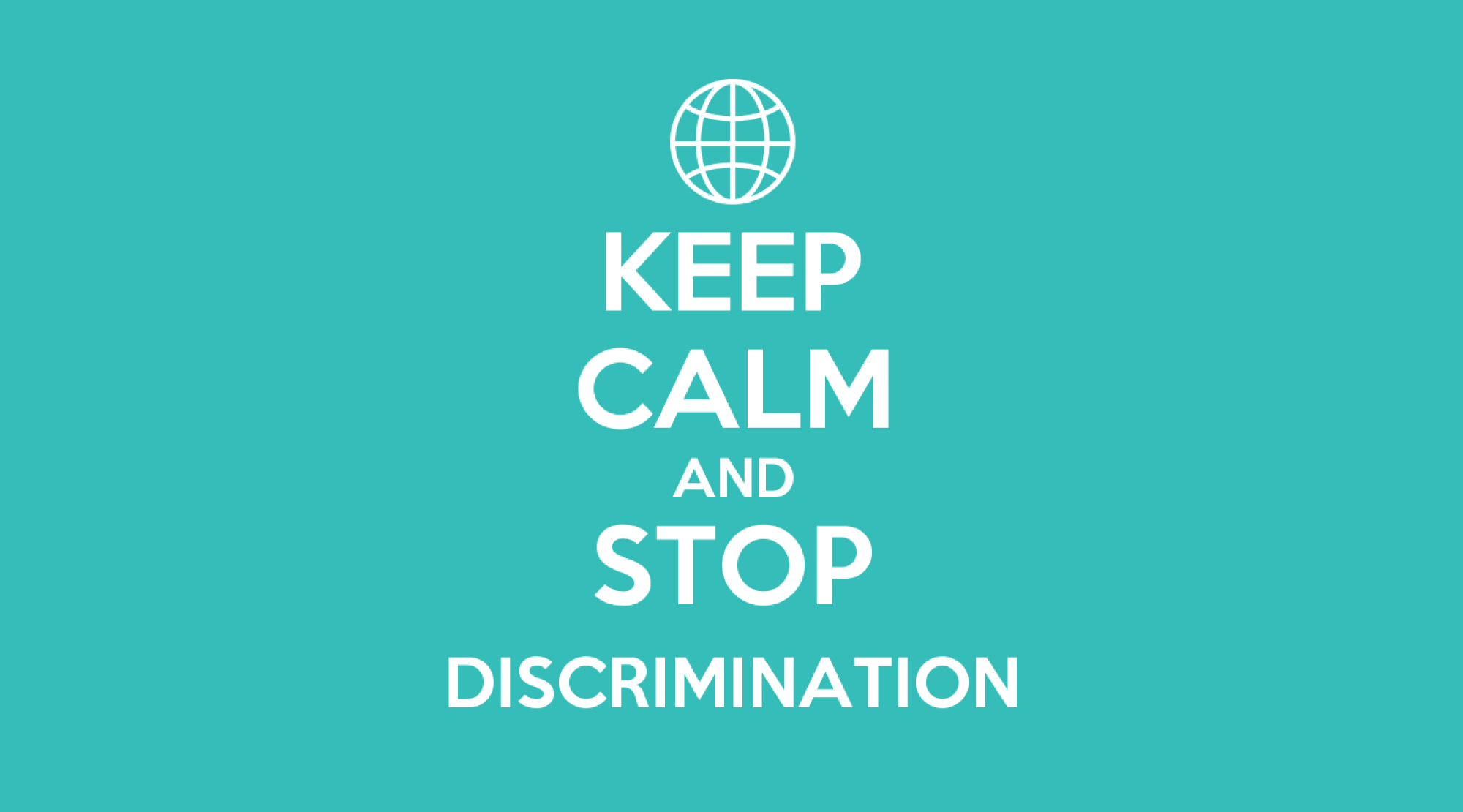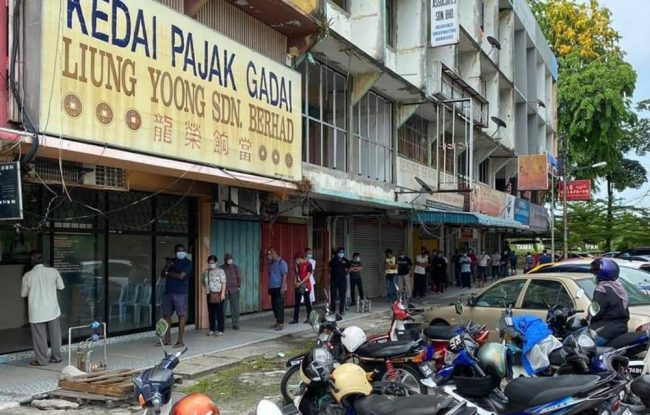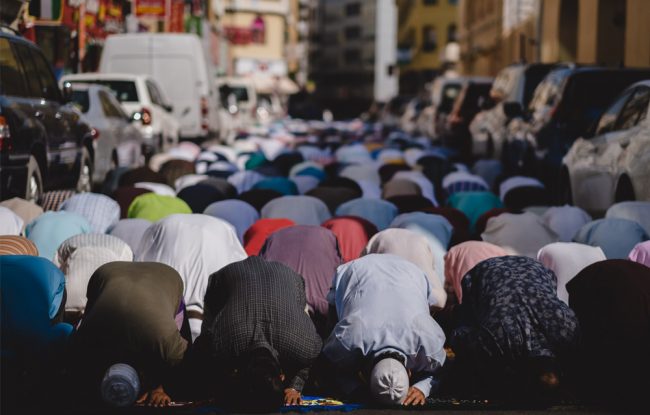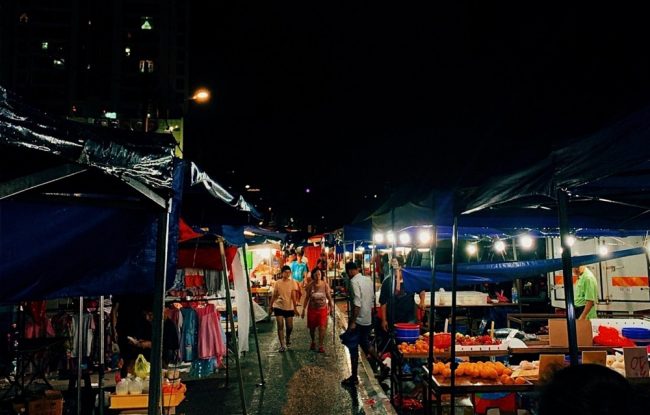Updated on 8th December 2018 (originally written on 1st November)
PART I : About Human Rights
On the 23rd of October 2018, Pusat KOMAS organized the 8th National Conference on Non-Discrimination consisting of several forum sessions that was attended by members and representatives of the government, foreign diplomats, academicians and prominent figures from civil society organizations. The conference spoke volumes on the current government’s position regarding the UN International Convention on the Elimination of All Forms of Racial Discrimination (ICERD).
The forum discussed about how series of dialogues among all stakeholders must be brought forward, to strategize a national road map of the ratification and implementation of the Convention as part and parcel of Pakatan Harapan’s election manifesto. The forum also stressed on how to better equip Malaysian electorates in general about Malaysia’s reservation to ICERD and the other remaining five core international instruments.
What Is ICERD?
The ICERD is a landmark treaty that was passed at the United Nations General Assembly (UNGA) on December 21st 1965 and officially implemented in 1969, specifically tailored to deal with growing racial discriminations occurring throughout the world, prior to and throughout the 60’s in the aftermath that saw many new nation states with varying degree of complications emerging independently from their colonial oppressors.
Among the key points highlighted in ICERD include the priority of equality before the law, or the guarantee in a legal provision that the rights of every person would be fairly safeguarded irrespective of his or her race, colour, nationality, language and ethnic origins. In addition, the ICERD serves as a universally recognized item that directly condemns any sort of racial segregation or apartheid actions conducted by the state apparatus upon its citizens and also acts as an international mechanism that seeks accountability and transparency.
ICERD is significant because it is an agreement that denounces all forms of propaganda done by any persons or organizations that advocate extremely detrimental ideas about the superiority of one’s race or group of persons belonging to one colour or ethnic origins, hence becoming a key guiding document against heinous acts such as hate speech and racial intolerance.
There are currently eighty-eight signatories with many more countries heading in similar direction. Among the countries within the region that already ratified the ICERD convention include Singapore and Republic of Korea, while only a handful have yet to work towards ratifying ICERD. Malaysia is now at this critical point and would benefit by learning the best practices from countries that have ratified the convention.
Being an international convention, its practicality in terms of implementation are somewhat limited due to the sovereignty of nation states. In other words, any sort of laws are still subjected to the state’s own legislative amendments, undergo tedious processes and can only be enforced willingly by the state itself in its own terms and reservations.
Prevailing Narratives
Malaysia’s human rights records have not been very impressive under the Barisan Nasional regime. Various human rights violation took place, which have racial implications up until today. For example, several draconian legislation pertaining to security such as the Internal Security Act (ISA), its replacement the Security Offences and Special Measures Act (SOSMA), the Printing Act, the Sedition Act, have been abused by various parties.
Several flashpoints also took place in Malaysia throughout that period, such as the 13th May 1969 racial riots, the Kampung Medan incident in 2001, the provocative parade of a cow’s head to protest the relocation of a temple in 2009, public intimidations made by several people towards the royal institution, and recently the desecration of churches with petrol bombs in the aftermath of the uproar regarding the usage of the term ‘Allah’ by non-Muslims.
Contentious statements made by non-Muslim groups such as HINDRAF, or controversial persons such as Namawee, whose insults are directed to the religion of Islam are considered sensitive by conservative Muslims, are some of the few examples which have received an equally fierce response from the conservative segments of Malaysian public.
These incidents were capitalized by the then government of Barisan Nasional to further implement divisive racial-based politics in Malaysia to their strategic advantage, resulting in threats from cabinet ministers to conveniently direct the public away from issues of power abuse and corruption. In response, individuals like blogger Papagomo (Wan Muhammad Azri), UMNO’s Jamal Yunos, academician Dr Ridhuan Tee Abdullah, online portal menara.com, and ultra-nationalist groups such as PERKASA and ISMA further enflames such conflicts.
Wave of Reforms
During the 73rd UN General Assembly session recently on the 28th September, Prime Minister Tun Dr. Mahathir Mohamad made numerous remarks on several outstanding global issues such as the plight of the Rohingyan refugees and the Palestinian conflict that are well within the scope of the ICERD, whether directly or indirectly, and with his speech contained a clear message as to the direction for a ‘new Malaysia’ by reassuring its pledge against all forms of racial discrimination or unequal treatment.
With Malaysia pushing for the world to view these issues seriously using the perspective of human rights and dignity at heart, the same can also be applied within the country in a more robust way. At the KOMAS Conference, one of the participant mentioned that “Everyone wants to be free from harm and danger, to be treated equally, to be able to live in peace and harmony, to be cohesive together”, while another participant established the relevance between ICERD with the ASEAN Declaration of Human Rights.
The conference gathered like-minded human rights activist and served as an interactive platform between all those that eagerly support plus those that have lobbied the Malaysian government for many years to urgently ratify ICERD, qualifying its necessity and also offering perspectives to best suit the Malaysian context.
As it is, a minister in the Prime Minister’s Department, YB Senator Waytha Moorty delivered a closing keynote remark. He emphasized upon the government’s commitment to ratify the Convention as early as the first quarter of next year, as well as subsequently follow-up on the other five remaining human rights Conventions. He however did not elaborate further on how the government will be engaging with the public on the importance of understanding the mandate Conventions.
Concerning Backlash
Outside of this conference, various groups have voiced out their scepticism as well as demonstrated outright disapproval on the government’s position with constant criticism taking place visibly across many social media platforms. Because of the recent elections which saw the high number of youth voting as first time voters, millennials are also actively using the democratic space -social media- to not only find out but also join in the debate and state their opinions about the Conventions.
Certain politically affiliated far-right groups that are against the ratifications of the Conventions from the off set, stated that the special position of the Malay and Malay rights will be eroded, leading to the rhetoric that the Malay majority will be side-lined and greatly marginalized in their own land.
This fear mongering campaign is a familiar tactic laced with speculative assumptions and racial-blaming. It has also provided a partisan opportunity for the two largest Malay-Muslim based parties which are UMNO and PAS to form a closer cooperation in a bid to oust the current government.
Several grassroots program have been mobilized, a strategic taskforce has been set up and a sequence of leadership appearances have taken place to denounce ICERD, effectively building momentum towards rekindling an old political alliance. This in turn helps UMNO to temporarily regain importance despite its top officials facing graft charges.
However, there are plenty of people wanting to engage in serious discussions about this issue along with other topics through a democratic manner that was not possible before. The fact that ICERD has garnered so much attention to trigger a heated dialogue shows that in today’s reality, any government cannot take things for granted as citizens are more aware, demanding and critically vocal.
It serves as a lesson to the current government to perform its duty in explaining the pros and cons for every decision, to properly introduce policies instead of bulldozing their way into it, and it should reflect the interest of all Malaysians instead of just certain segments or populist gestures.
(To be continued in Part Two)
Halmie Azrie is an intern at IMAN Research, and also a young scholar of Political Science and International Relations. He is currently completing his bachelor’s degree at the Asia Pacific University. He has been involved in intellectual activism with PKPIM for over a decade. Halmie has also co-edited several indie books & published writings at The Malaysian Insider and NadiSiswa.




